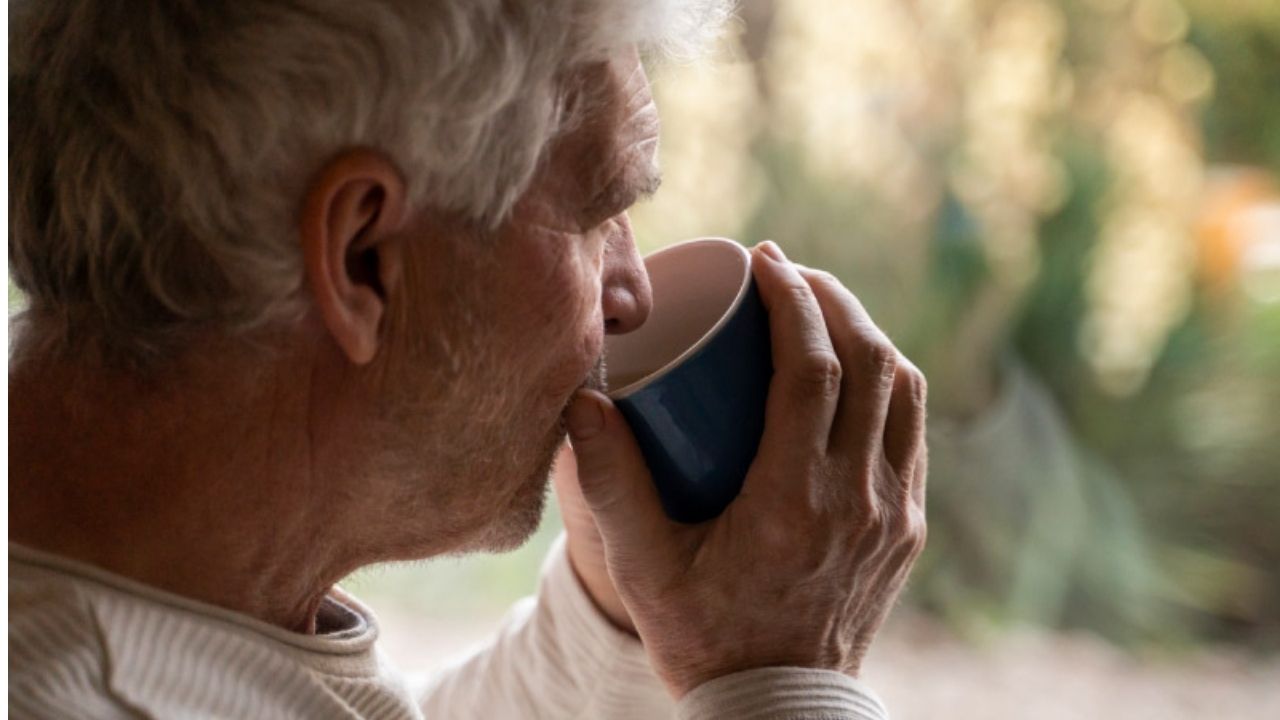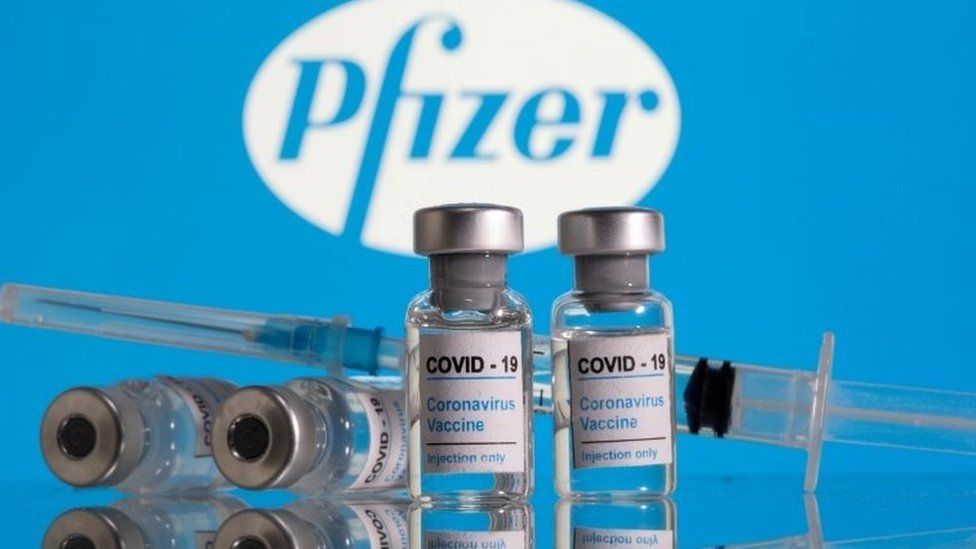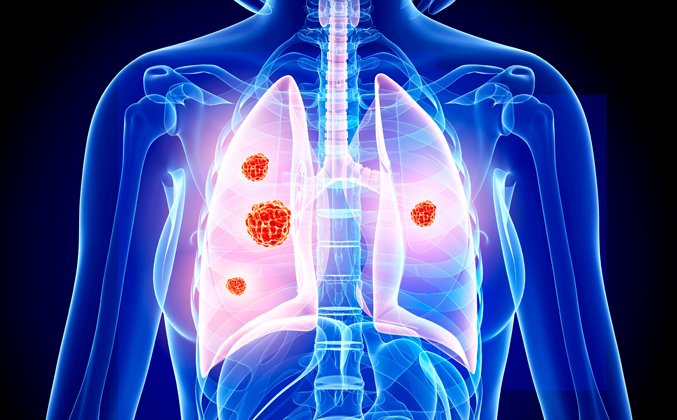The U.S. FDA granted Emergency Use Authorization for Eli Lilly and Company’s investigational neutralizing antibody bamlanivimab 700 mg. Bamlanivimab is authorized for the treatment of mild to moderate COVID-19 in adults and pediatric patients 12 years and older with a positive COVID-19 test, who are at high risk for progressing to severe COVID-19 and/or hospitalization. Bamlanivimab should be administered as soon as possible after a positive COVID-19 test and within 10 days of symptom onset. The authorization allows for the distribution and emergency use of bamlanivimab, which is administered via a single intravenous infusion.
“This emergency authorization allows us to make bamlanivimab available as a COVID-19 treatment for recently diagnosed, high-risk patients – adding a valuable tool for doctors fighting the now-increasing burden of this global pandemic,” said David A. Ricks, Lilly’s chairman and CEO. “The rapid development and availability of bamlanivimab could not have been achieved without the relentless work of our Lilly team, collaboration across the industry and the urgent work being done by the government to ensure appropriate allocation to patients who need it the most.”
The EUA is based on data from BLAZE-1, a randomized, double-blind, placebo-controlled Phase 2 study in patients with recently diagnosed mild to moderate COVID-19 in the outpatient setting. Patients treated with bamlanivimab showed reduced viral load and rates of symptoms and hospitalization. In BLAZE-1, frequency and types of adverse events were similar between bamlanivimab and placebo, with the majority being mild to moderate in severity. Infusion reactions and other allergic hypersensitivity events have been reported. The EUA includes a warning for hypersensitivity including anaphylaxis and infusion-related reactions.
“The BLAZE-1 data show bamlanivimab, when given early in the disease course, may help patients clear the virus and reduce COVID-related hospitalizations, supporting our belief that neutralizing antibodies can be an important therapeutic option for patients fighting this virus,” said Daniel Skovronsky, M.D., Ph.D., Lilly’s chief scientific officer and president of Lilly Research Laboratories. “We’re proud of the speed with which we have been able to bring patients this therapy specifically designed to treat COVID-19. We thank those who have contributed to this medical advancement, particularly the clinical trial investigators and participants around the country.”
The FDA grants emergency use authorization to provide availability of a medicine that may help diagnose, treat or prevent a life-threatening disease when no adequate and approved alternatives are available. This use of bamlanivimab is authorized only for the duration of the declaration that circumstances exist justifying the authorization of the emergency use, unless the authorization is terminated or revoked sooner. The authorization is temporary and does not replace the formal review and approval process. Bamlanivimab remains an investigational drug and has not been approved under a Biologics License Application (BLA). Evaluation of its safety and efficacy is ongoing across a range of patient populations impacted by COVID-19. Data from these studies will be used to support a future BLA submission involving bamlanivimab.
Lilly will begin shipping bamlanivimab immediately to AmerisourceBergen, a national distributor, which will distribute it as directed by the U.S. government’s allocation program.

 Eli Lilly’s neutralizing antibody bamlanivimab receives US FDA emergency use authorization for the treatment of recently diagnosed COVID-19
Eli Lilly’s neutralizing antibody bamlanivimab receives US FDA emergency use authorization for the treatment of recently diagnosed COVID-19




















.jpeg)


.jpeg)



.jpeg)
.jpeg)






.jpeg)





